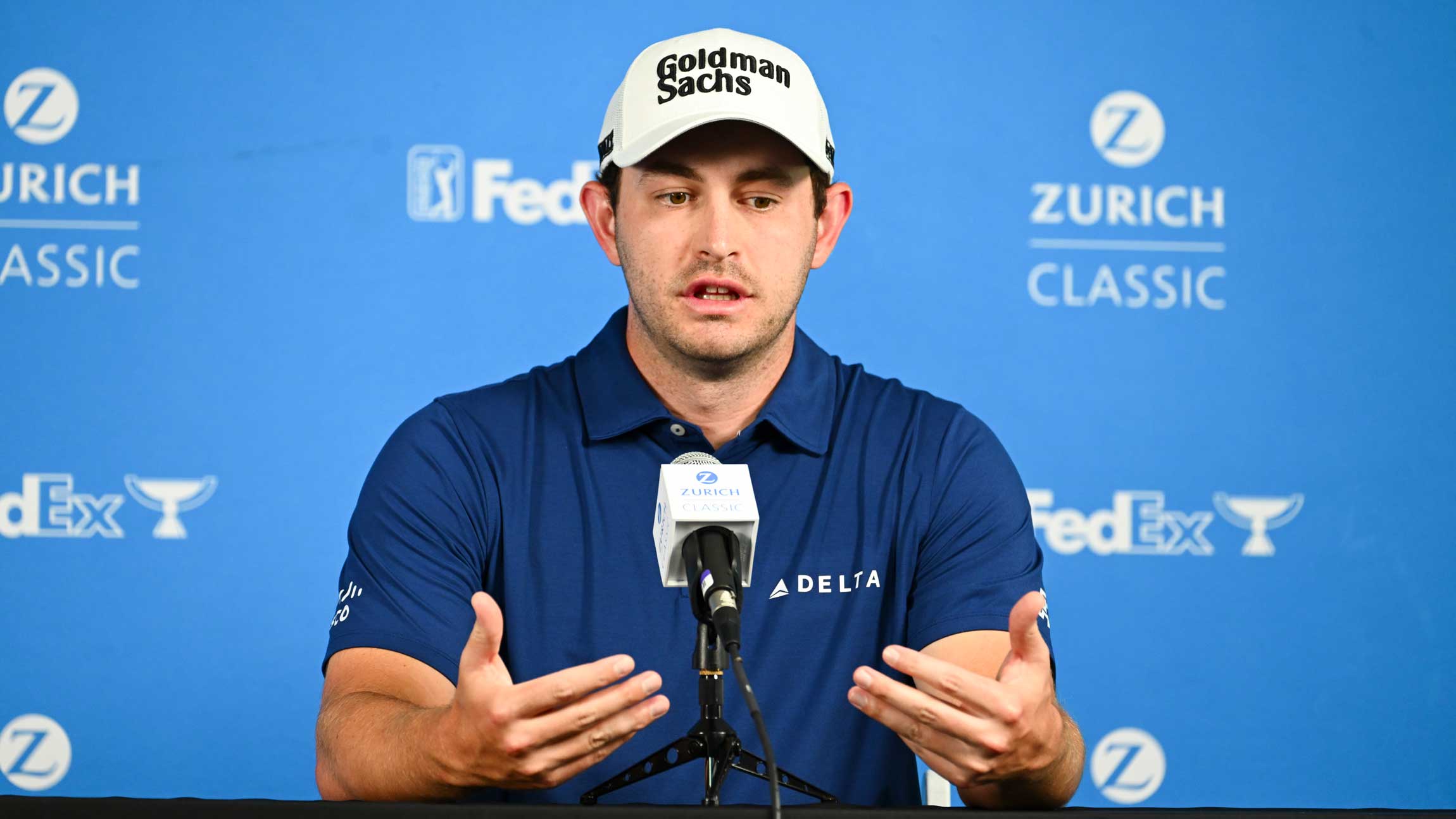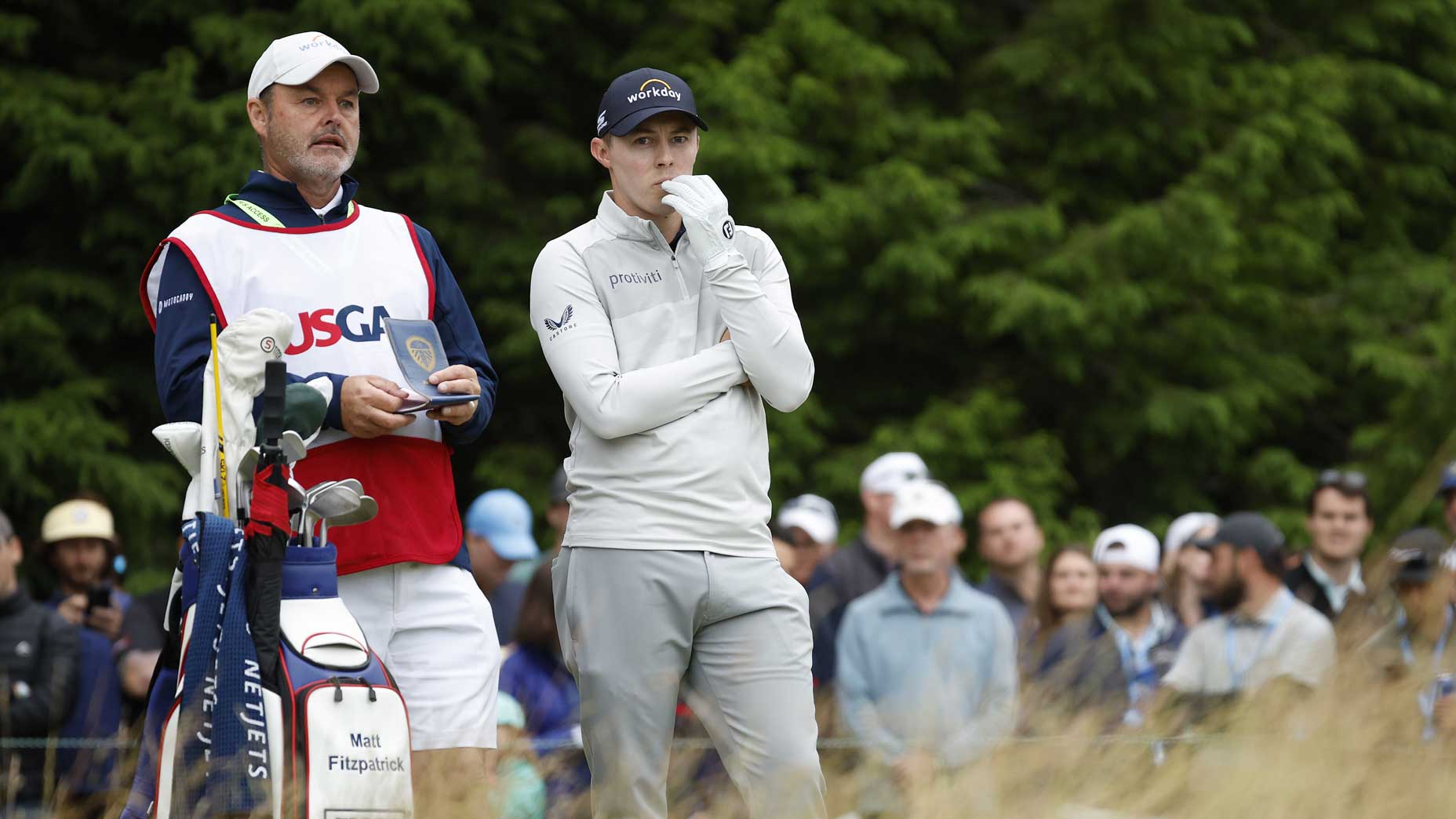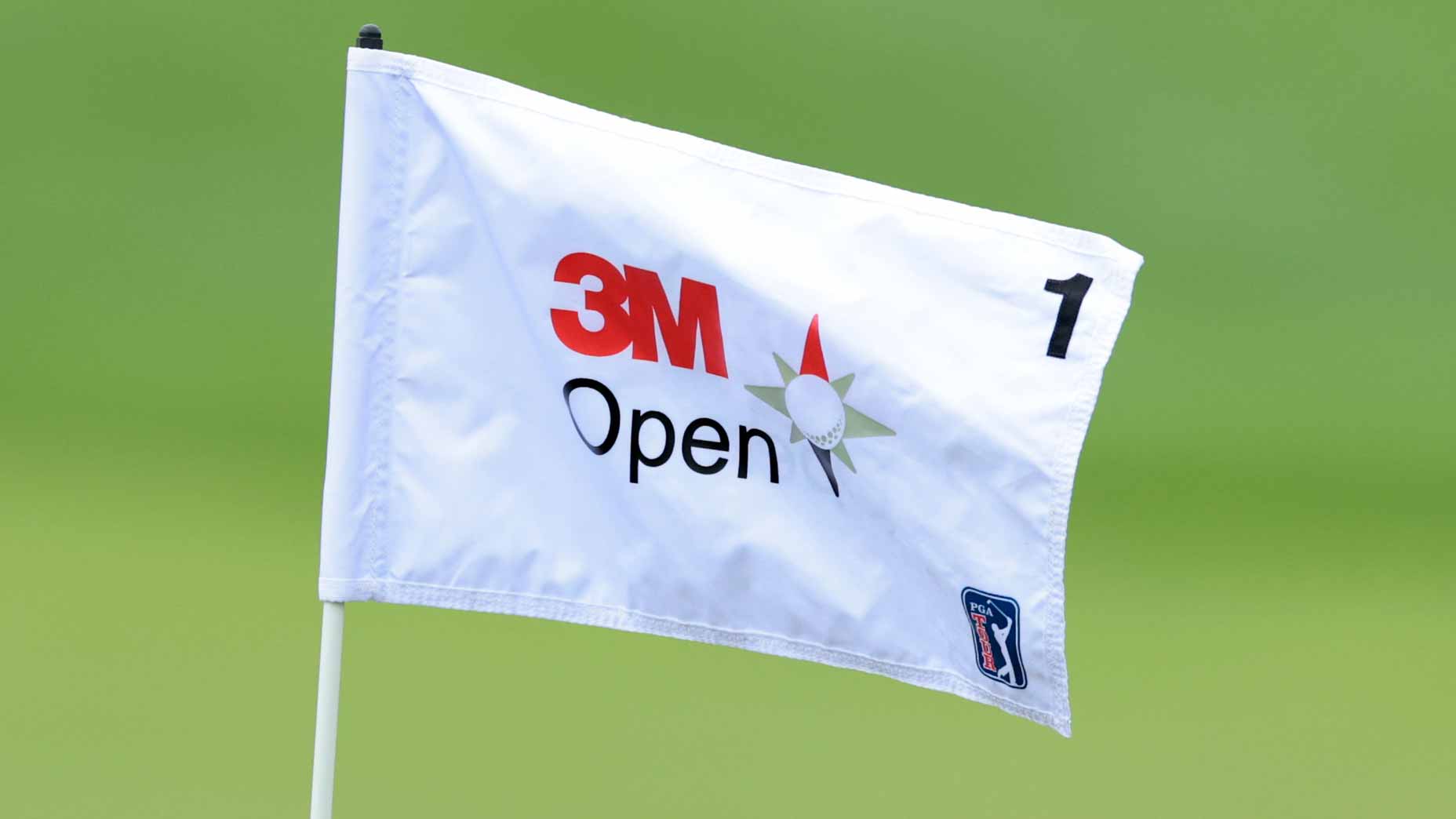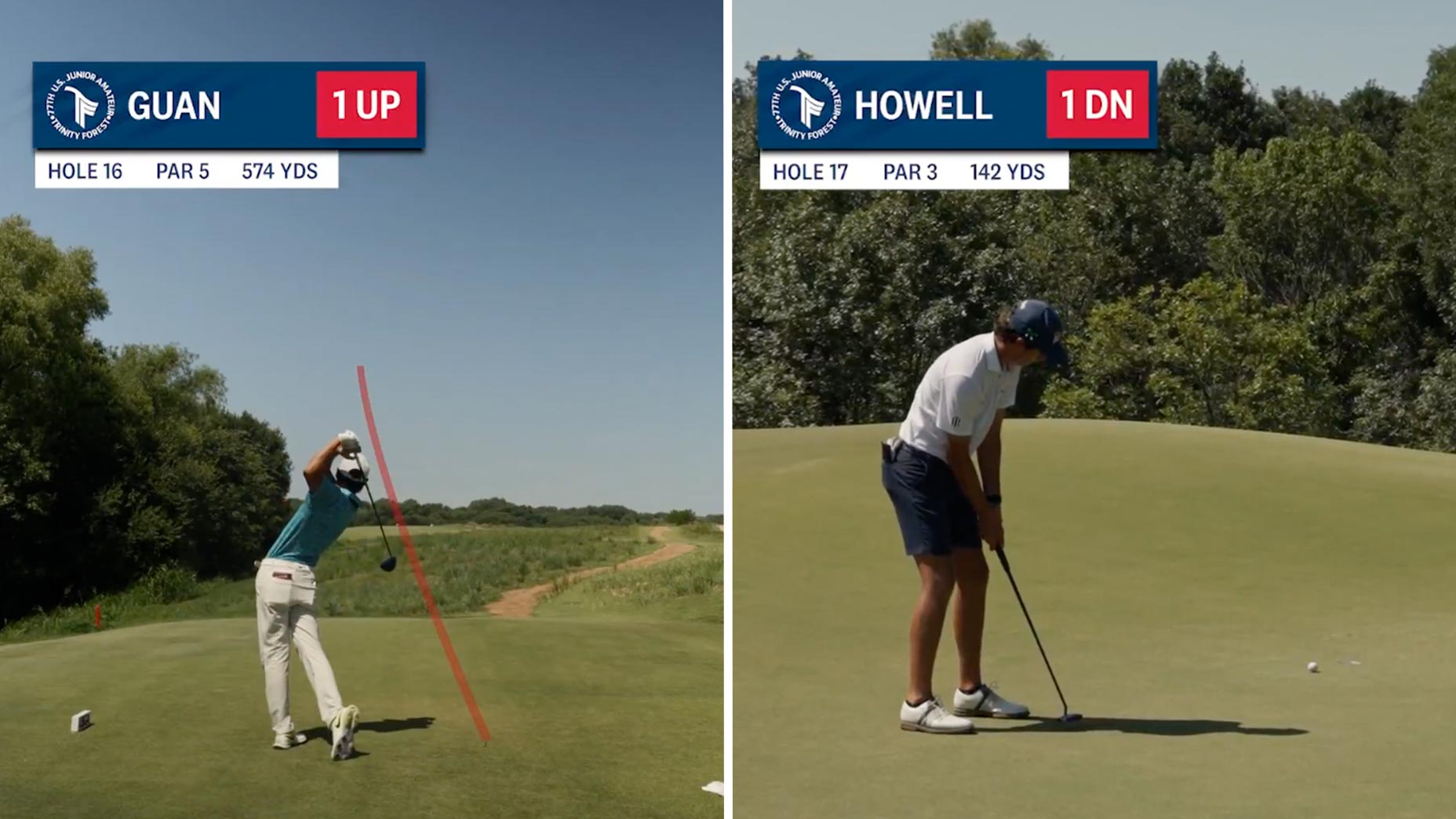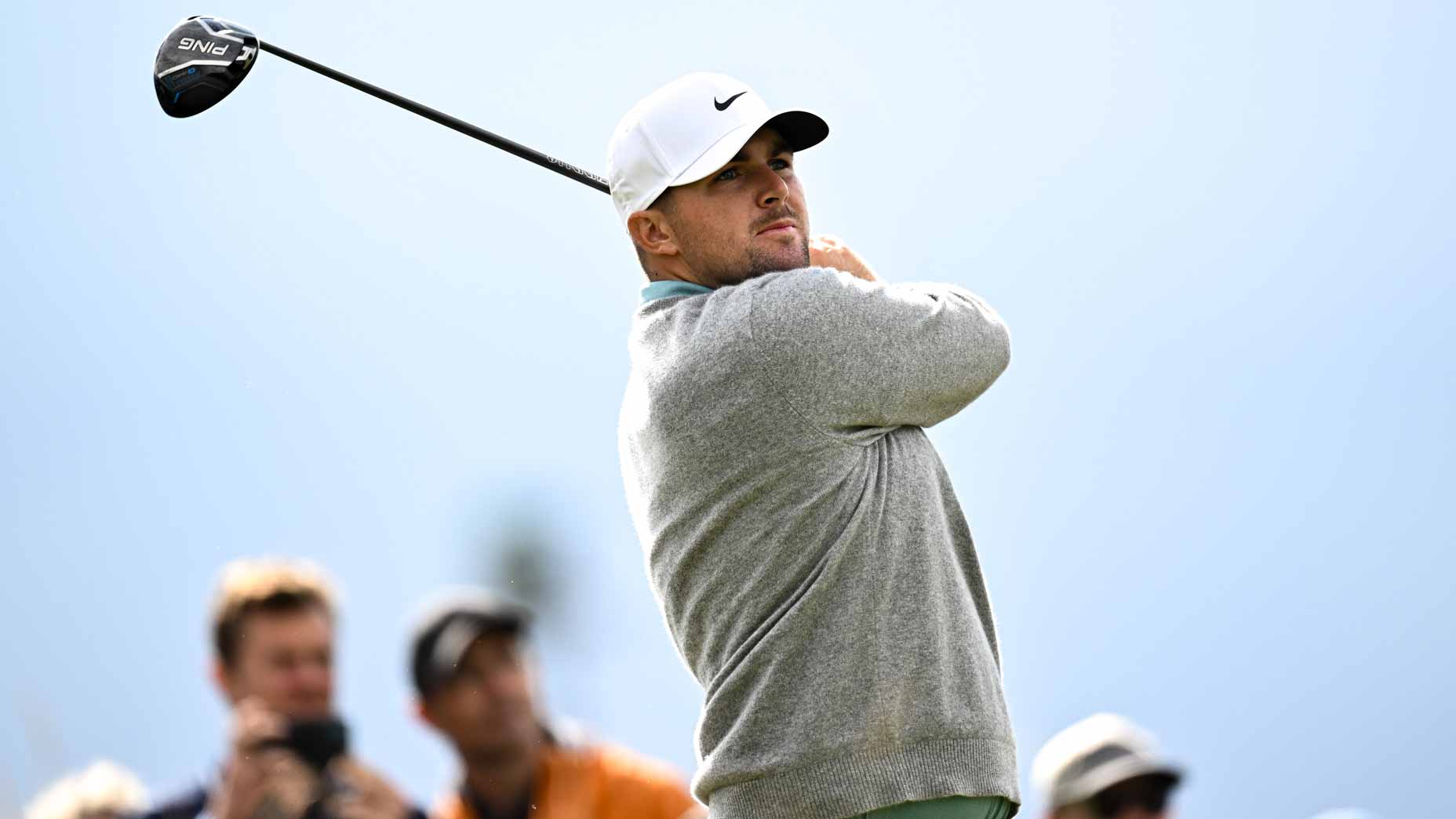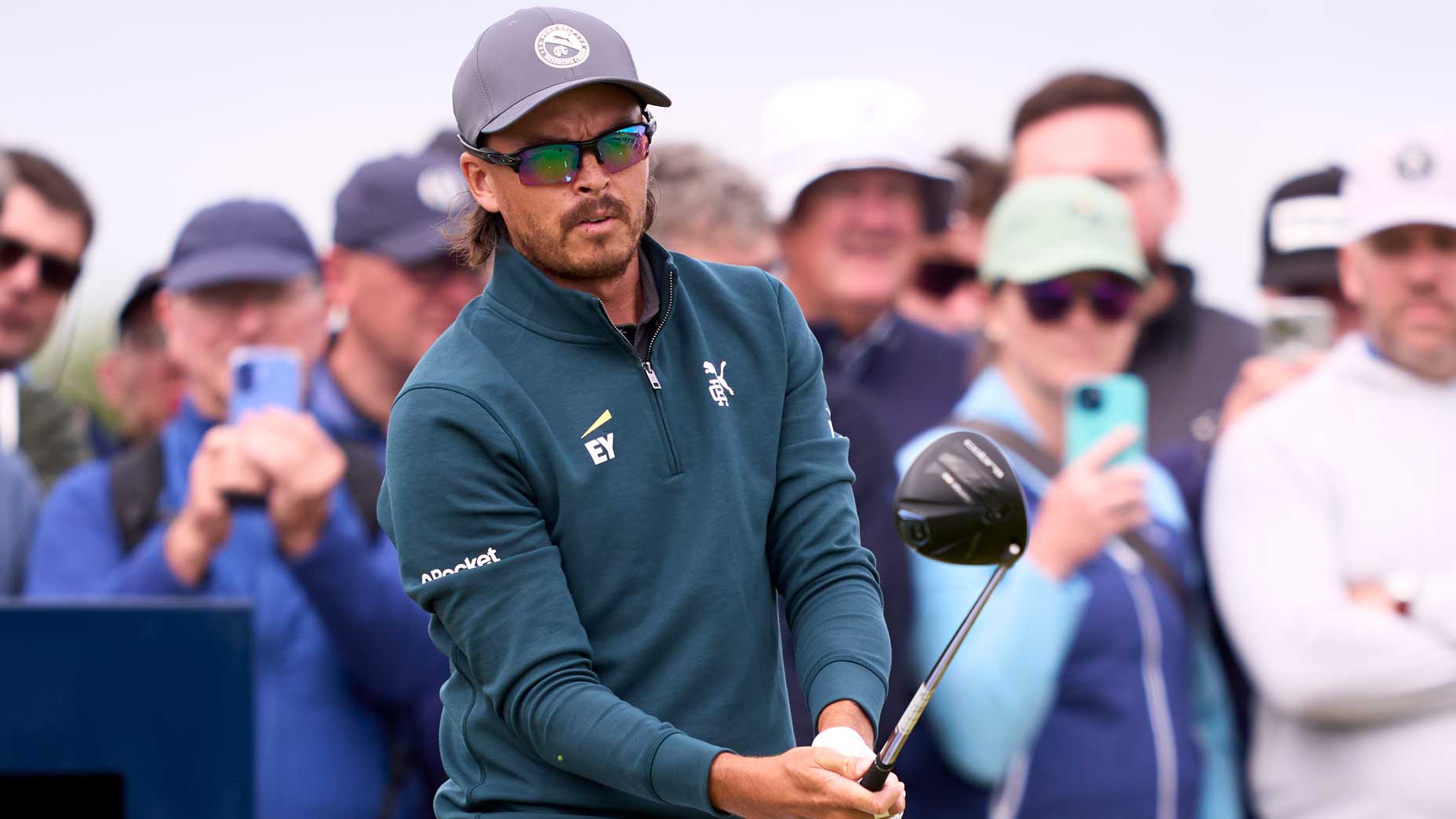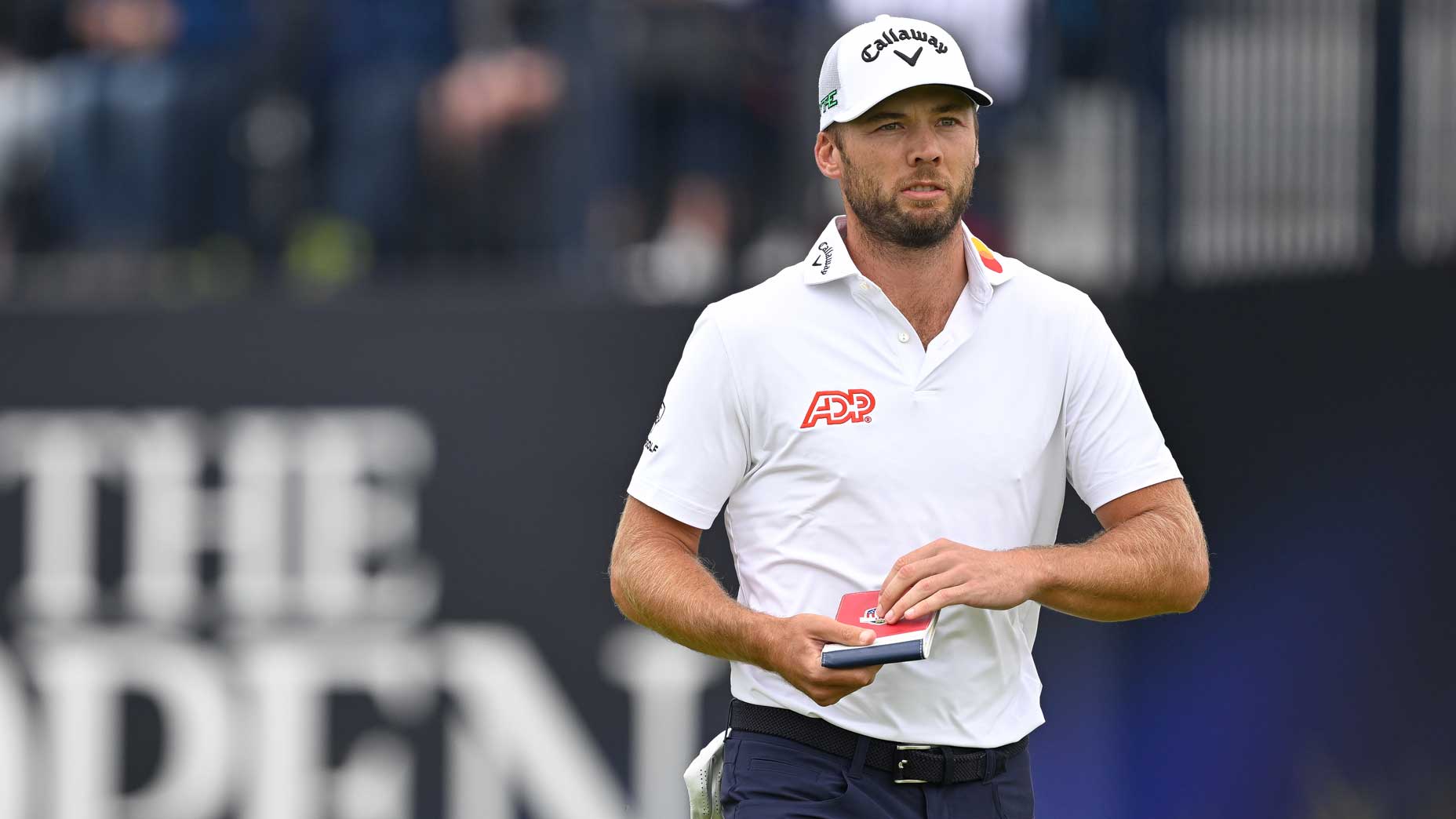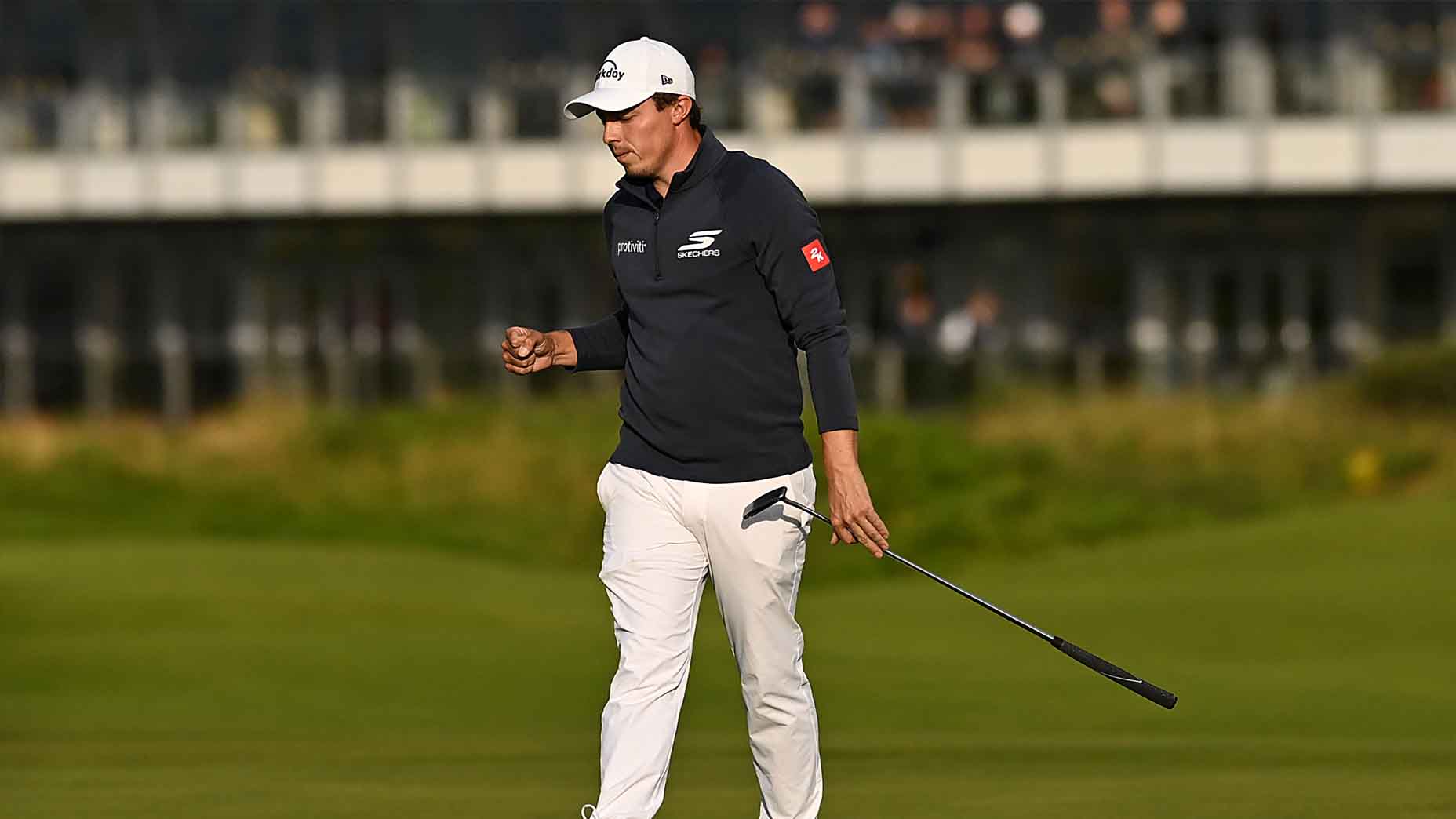If you spend much time in the recesses of Golf Twitter, you’d be forgiven for thinking there has been only one story worth discussing over the past couple of weeks, and it’s not Jon Rahm’s first green jacket or Matt Fitzpatrick’s thrilling win at Harbour Town or the new venue (and pond!) for the LPGA’s first major of the season.
No, all golf fans seemingly want to talk about is Patrick Cantlay’s pace of play.
The slow-play murmurs began at the Masters where, after the final round, Brooks Koepka called out the “brutally slow” pairing in front of his, Cantlay and Viktor Hovland. That specificity…paired with a well-circulated clip of Hovland playing a shot just off the 13th green when Cantlay was still well back down the fairway…paired with Cantlay’s rep as a deliberate player…sent the pace-of-play mob into a frenzy. Patty Glacial, they clamored, must be held accountable!
When Cantlay moved on to Harbour Town, the watchdogs were out in force — i.e., fans timing his pre-shot routine on their phones and posting the results to social media. Cantlay’s tortoise-like pace also didn’t escape CBS Golf analysts Trevor Immelman and Dottie Pepper who referenced his sluggishness at the RBC Heritage, where Cantlay, among other deliberations, took an excessive amount of time to decide how best to play a ball that had come to rest on a bulkhead.
— NUCLR GOLF (@NUCLRGOLF) April 18, 2023
#WATCH: Gallery members got out the timers
as Patrick Cantlay took 2 mins and 50 seconds to hit a shot
. pic.twitter.com/hENyq8aUhT
On Tuesday, the winner of the RBC, Matt Fitzpatrick, weighed in. Though he didn’t cite Cantlay by name, Fitzpatrick lambasted the “truly appalling” pace of play on Tour. In an interview with Jamie Weir of Sky Sports, Fitzpatrick asserted, “If you’re in a three-ball, in my opinion you should be round in four hours, four-and-a-half absolute maximum — it’s a disgrace to get anywhere near that.”
For his part, Cantlay has said that the Masters criticism was largely unwarranted, because his pairing had no place to go. “I imagine it was slow for everyone,” he said.
At this week’s event, the Zurich Classic of New Orleans, a team event at which Cantlay is playing alongside his dynamo Ryder Cup partner Xander Schauffele, the slow-play questions have not abated. At their Wednesday press conference, the duo was asked about Fitzpatrick’s pointed remarks.
Schauffele answered first.
“I think that’s the Tour’s job to sort of take a stance there,” he said. “All the things that have happened as of late have all been within the guidelines of the Tour and what’s supposed to happen. No one’s been penalized for slow play or anything of that nature. So we’re all operating within the framework of what the Tour gives us.
“If enough people complain or if enough Tour pros complain, that’s something the Tour needs to address to either make it faster or change the time par. Without any context, it gets tricky because when you set up golf courses with Stimp 13 or 14 greens, tees in interesting positions, and pins in tough spots, it’s just going to take longer.
“We’re not playing like the local muni that sort of the average Joe compares our time par to. We’re playing for a couple million — you know, $3.6 million. If you’re going to spend an extra minute to make sure you put yourself in the right spot, we’re going to do it. That’s just the nature of our game and our sport.”
‘Truly appalling’: Matt Fitzpatrick sounds off about pace of playBy: Sean Zak
Here, Cantlay jumped in.
“Like I said, being on the PAC [Player Advisory Committee] has been interesting because the times that it’s taken to play rounds has been pretty much the same for the last 10 or even longer years. So trying to speed it up, I’d be curious to know how they’d want to do that.
“I played the last two tournaments, and my group hasn’t been warned at all. So we’ve been in position the entire time. I don’t know how you would want even the groups that I’ve been in to play faster when our groups are in position and can’t go faster because the group in front of us is right in front of us.”
If that sounded like more buck-passing deflection, you’d be entitled to interpret Cantlay’s comments that way. But then Cantlay was asked a question that provided him less cover: Do you feel like you are a slow player, though?
“Yeah, I’m definitely slower than average, have been my whole career,” he said. “I definitely take my time. And when I hit my ball on a bulkhead, I’m definitely going to take my time to make sure I make the right decision and try to get the ball back into the right spot.”
A few questions later, Cantlay was asked whether any of his Tour peers had confronted him on the slow-play issue. He said, “I haven’t had anybody come up to me or talk to me, but I’d be perfectly happy to talk to them about it.”
And therein lies one of the thorniest conundrums wrapped within this difficult-to-solve dilemma: Fitzpatrick’s tirade aside, if enough Tour pros aren’t squealing to the Tour’s policymakers — or to the Tour’s slow-play culprits themselves — about pace problems, will the Tour ever take serious measures to address them?
8 pace-of-play rules that every golfer should follow, according to our Top 100 TeachersBy: Nick Dimengo
If this moment in time feels familiar, it should. It was only a little more three years ago that the Tour rolled out sweeping changes to its pace guidelines, all of which were detailed in a story on the Tour’s website with the headline, “PGA TOUR announces significant enhancements to pace-of-play policy.” Among those enhancements, which weren’t implemented until Jan. 1, 2021, on account of the pandemic, were an “Observation List” of “individuals whom ShotLink data has identified as the most egregiously slow players,” and “Excessive Shot Times” for “anyone in the field who takes more than 120 seconds to play a single shot, absent a good reason for doing so.”
The story continued: “Fines and penalties for slow play have been enhanced significantly. Officials will now assess a one-stroke penalty for the second bad time in a tournament, not a round, and for every bad time thereafter in the same tournament.”
This quote, from PGA Chief of Operations Tyler Dennis, might have had you believing that genuine change was afoot: “We felt we needed to ratchet up the deterrence. We’re significantly upped the ante on stroke penalties. Currently it’s by the round; now it’s going to be over the entire tournament. It’s more likely that a player could find themselves in this situation.”
More than two years since the new rules were enacted, not a single player on Tour has been docked strokes for playing too slowly.
Latest In News

Alan Bastable
Golf.com Editor
As GOLF.com’s executive editor, Bastable is responsible for the editorial direction and voice of one of the game’s most respected and highly trafficked news and service sites. He wears many hats — editing, writing, ideating, developing, daydreaming of one day breaking 80 — and feels privileged to work with such an insanely talented and hardworking group of writers, editors and producers. Before grabbing the reins at GOLF.com, he was the features editor at GOLF Magazine. A graduate of the University of Richmond and the Columbia School of Journalism, he lives in New Jersey with his wife and foursome of kids.
